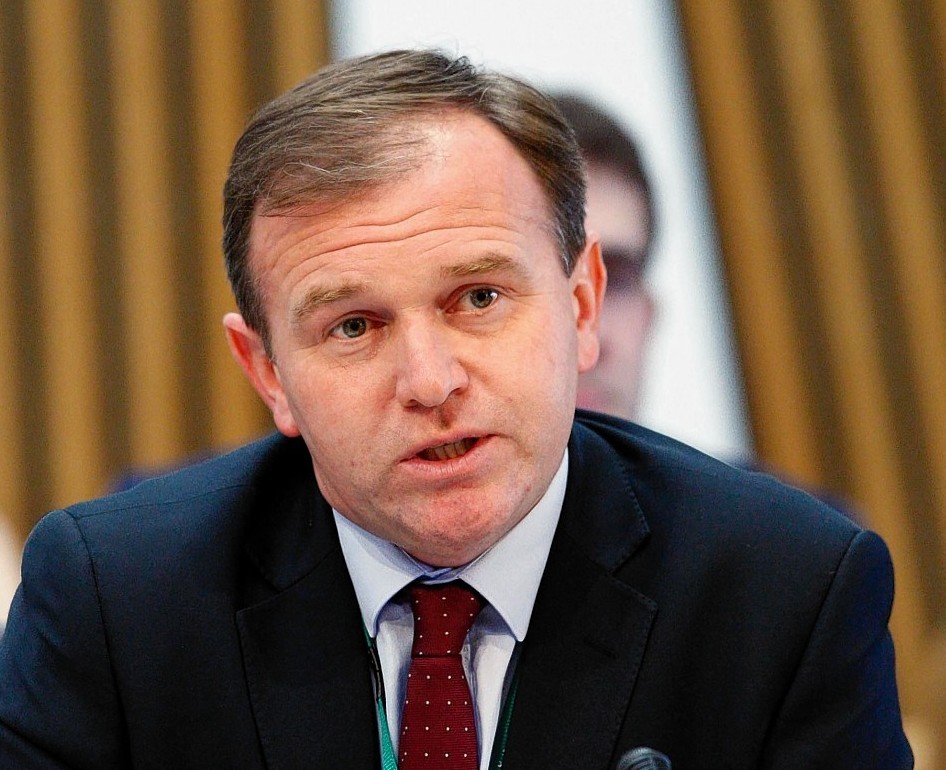The UK will not be “chasing the rainbow” of a level playingfield when it seeks to develop future farming policy for the post-Brexit era.
That was the message from Defra Farm Minister George Eustice during the latest session of a House of Lords investigation into the implications of the UK’s divorce from Europe on agriculture.
Mr Eustice said the fairytale notion would always prove too “elusive”, as a result of fluctuating exchange rates, and differing labour, infrastructure and land costs across all farm sectors in the EU.
He said Defra had been exploring successful methods behind farm support systems employed around the globe, as well as the merit of individual agri and environmental schemes already in place, to determine a “best fit” for the UK.
“We don’t want any cliff edges for farmers. We want an orderly transition,” added Mr Eustice.
He said Defra would need to take steps to “disentangle some of the conflicting objectives of the Common Agricultural Policy (Cap)”.
“Firstly, if we want income support, we need to work out why farmers need income support,” he said. “Farming is an industry that is exposed to risk, such as from the weather, very high market volatility, animal disease outbreaks – all sorts of problems.
“What some countries like the US and Canada have done is look at policies for government-backed insurance schemes, counter cyclical disaster payments or incentives to help farmers set money asides for a rainy day – a range of policies that all help farmers to manage risk.”
